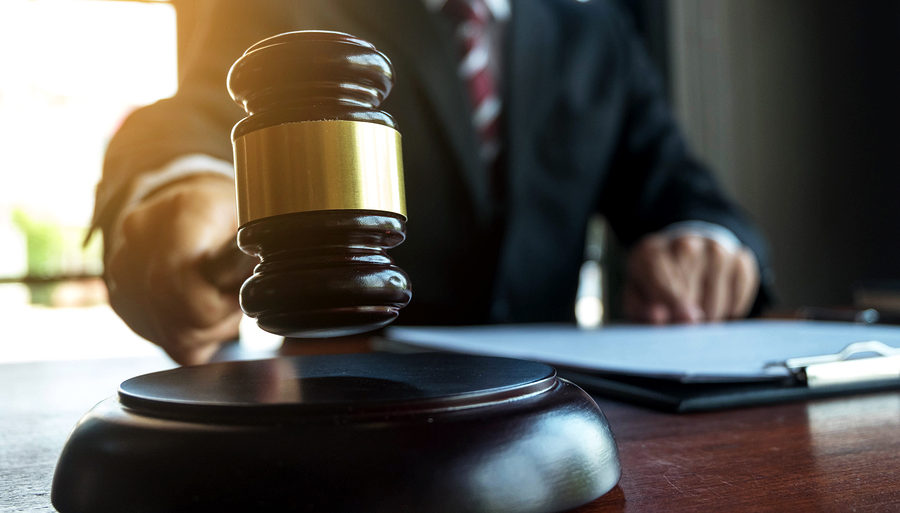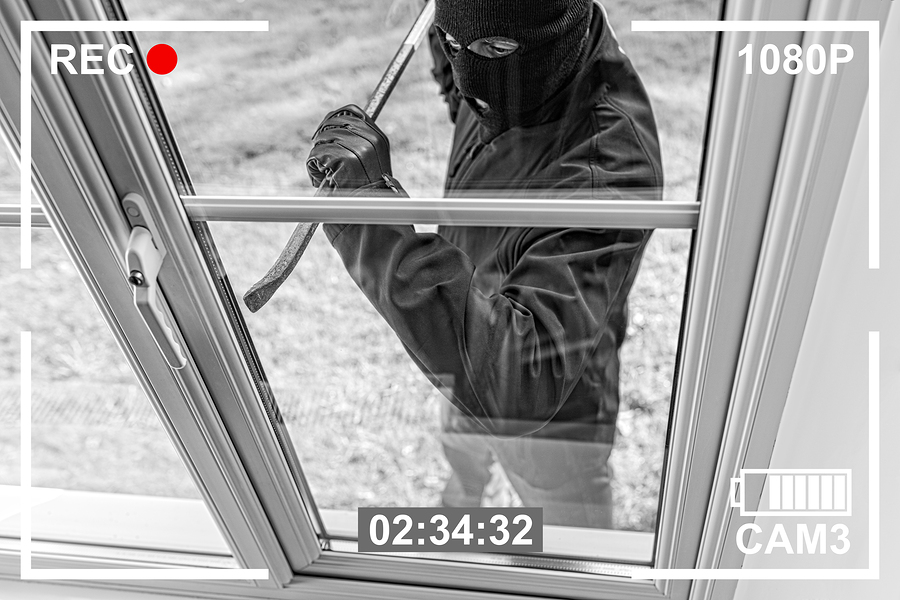If you are facing minor criminal charges in Indiana, it is very likely that the judge will order you to probation in lieu of jail time. Although this is one of the best possible outcomes in a criminal case, probation is still a strict, government-mandated, court-monitored program that should be taken very seriously. There are many rules and limitations that an individual is subjected to while on probation, all of which can lead to severe penalties if violated in any way. These are known as probation violations, and they are not something you want to do.
Continue reading to learn more important facts about probation violations in Indiana, including the best way to avoid the maximum penalties if you violate your probation.

Probation Violation Basics
After a person is found guilty of an offense in Indiana, they may be placed on probation for a temporary period of time in order for the state to supervise them and ensure they do not continue to commit crimes. Probation is a serious legal obligation that requires a person to follow a strict set of rules handed down by the courts. This includes terms like refraining from illegal activity and maintaining employment.
If a person fails to abide by all the terms of their probation, they are committing the crime of violating their probation. If this happens, they can be arrested, detained, and charged with violation of probation. If the probation violation doesn’t happen in front of police, then a warrant or Notice to Appear is issued for them, and they will be forced to stand before a judge and face additional criminal charges. A person needs a competent and experienced probation violation lawyer to effectively protect their rights and avoid maximum sentencing. See our blog, “What is a Notice to Appear?” to learn more about penalties surrounding missed court dates.
Terms of Probation
The first element you should know about probation is the importance of obeying all the rules. There is a long list of rules and restrictions while on probation, all of which must be adhered to 100% or severe legal and financial consequences will follow. Depending on the county of your conviction and probation, the rules will vary. However, all jurisdictions enforce the general requirements of probation.
On probation, you are legally required to:
✤ Obey all laws and refrain from all further criminal activity;
✤ Satisfy all court-ordered penalties, like community service, fines, rehab, etc.;
✤ Be present and on-time for all probation meetings with their assigned probation officer;
✤ Refrain from all alcohol and drug use;
✤ Take and pass all drug screenings on the date they are scheduled;
✤ Remain in the state;
✤ Maintain full-time employment;
✤ Immediately inform probation officer of address and job changes;
✤ And much more!
Indiana Criminal Defense for Probation Violations
Call David E. Lewis, Attorney at Law, at 317-636-7514 if you have been charged with a crime in Indianapolis or anywhere else within Central Indiana. He offers aggressive and experienced criminal defense for anyone facing criminal charges in Indiana. Don’t settle for an attorney that doesn’t have the drive. Attorney David E. Lewis will stop at nothing to protect your rights and preserve your freedoms. We also offer criminal record expungement services to help clean up your criminal history and improve your quality of life!











